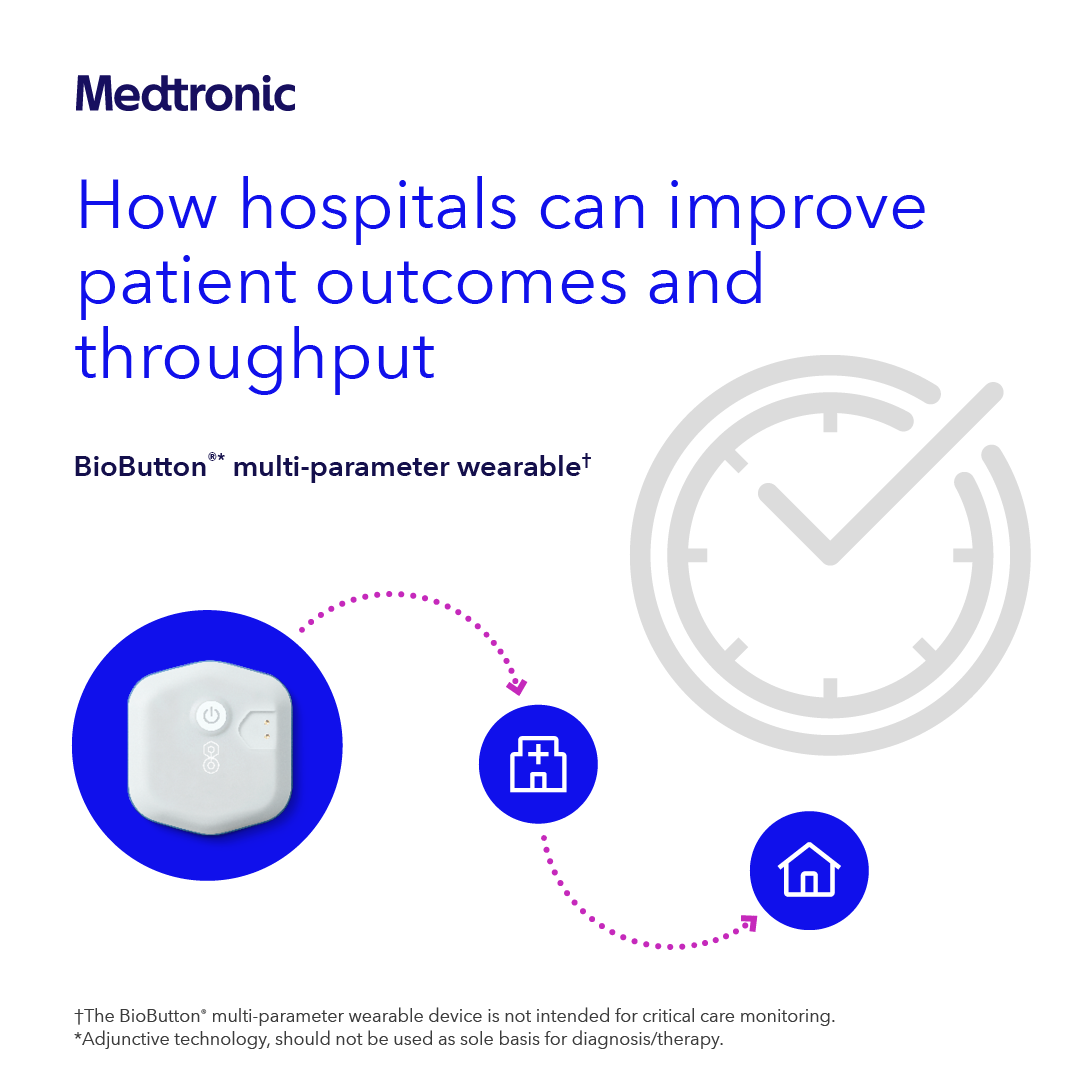AMSN Legislative Agenda
Med-surg Nurses Together are a Powerful Force for Patients When they Make Themselves Heard in a Way Policymakers Can Use.
-
AMSN Supports Fiscal Year (FY) 2024 Funding for Title VIII Nursing Workforce Development Programs, National Institute of Nursing Research and Agency for Healthcare Research (NINR) and Quality (AHRQ) - AMSN is a strong supporter of several federal biomedical research and nursing workforce development programs under the Department of Health and Human Services (HHS). The document provides AMSN’s FY 2024 appropriations funding requests. View the Fact Sheet.
-
AMSN supports the John Lewis Equality in Medicare and Medicaid Treatment Act (S. 1296 and H.R. 3069) - AMSN and its more than 10,000 members represent nurses who have advanced organizational, prioritization, assessment, and communication skills and are leaders in coordinating care among interprofessional health care teams. As the only national professional organization representing the voice of medical-surgical nursing, our strategic mission for patients and their access to high quality, affordable health care includes addressing social determinants of health (SDOH) in policy. The John Lewis Equality in Medicare and Medicaid Treatment Act advances these goals. John Lewis EMMT Fact Sheet.
-
AMSN Urges Congress to Pass the Workplace Violence Prevention for Health Care and Social Service Workers Act (H.R. 2663 and S. 1176) – AMSN is concerned by the alarming rise of workplace violence against our nation’s nurses and health care professionals and believe that additional federal guardrails are needed to address this growing crisis. Nurses and health care practitioners are among the professions with the highest rates of workplace violence. According to the Bureau of Labor Statistics, health care and social service workers accounted for 76% of all nonfatal injuries from workplace violence in 2020. AMSN supports the Workplace Violence Prevention for Health Care and Social Service Workers Act (H.R. 2663 and S. 1176) to ensure that health care workers have the basic protections and safety standards they need and deserve. AMSN Workplace Violence Prevention for Health Care and Social Service Workers Fact Sheet.
-
ASMSN urges Members of Congress to cosponsor the Improving Access to Workers' Compensation for Injured Federal Workers Act (S. 131 and H.R.618). For too long, outdated requirements in the Federal Employees Compensation Act (FECA)—the primary workers' compensation program for all U.S. federal employees—have arbitrarily barred nurse practitioners (NPs), and other non-physicians, from caring for injured federal workers. Yet, the Federal Employees Health Benefits Program permits federal employees to select NPs as their primary care providers. This inconsistency between the two laws unfairly denies patient choice and disrupts continuity of care. Not only does the current FECA policy disregard the essential role of NPs, but it also ignores the nation’s alarming shortage of physicians. Further, federal solutions are urgently needed to help ensure that the federal workforce can access high-quality and patient-centered care. AMSN Workers' Comp Bill-Fact Sheet.
-
AMSN joins with a broad group of national stakeholders in urging Members of Congress to cosponsor the National Nursing Workforce Center Act of 2023 (H.R.2411 and S.1150). Nursing workforce centers (NWCs) are indispensable partners in addressing the current nurse staffing crisis. Currently, there are 39 state-based NWCs that collect critical data, publish reports on nursing supply, demand, and education, and exchange best practices. However, inadequate funding and constrained resources limit NWCs’ efforts and Congressional action is needed to strengthen state-based NCWs and fortify the national nursing workforce. View the Fact Sheet.
-
AMSN joins with a broad group of national stakeholders in urging Members of Congress to cosponsor the Improving Care and Access to Nurses (I CAN) Act (H.R.2713). Congress must eliminate onerous practice barriers that adversely affect advanced practice registered nurses (APRNs) and their patients. APRNs provide high-quality, cost-effective, and patient-centered care across various health care settings. According to the Centers for Medicare & Medicaid Services (CMS), more than 250,000 APRNs treated Medicare patients and approximately 40% of Medicare beneficiaries received care from an APRN. Despite their increasing importance in the health care workforce, current federal laws and regulations prevent APRNs from fully serving their patients. View the Fact Sheet.



